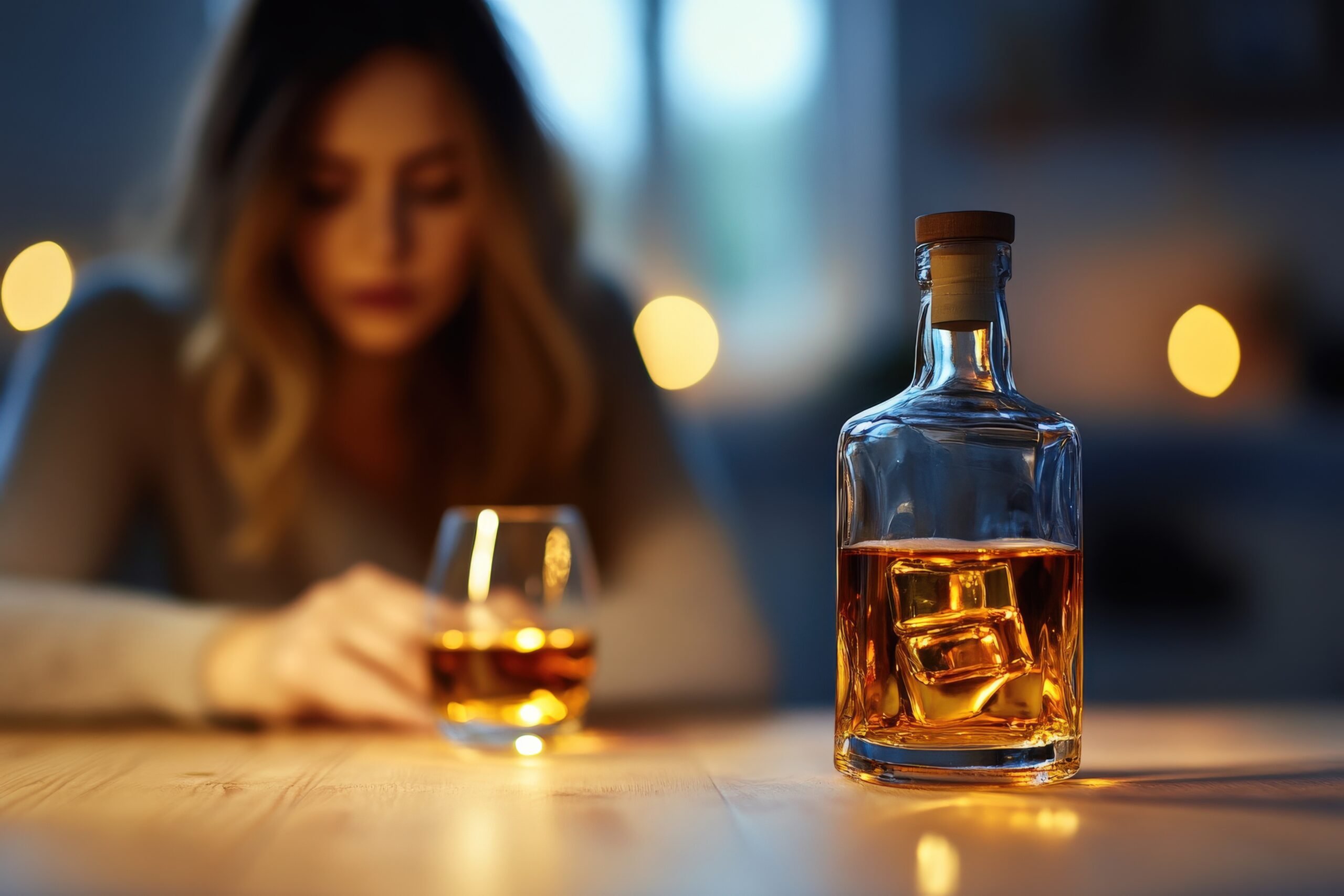Giving up alcohol guide & timeline
This article is intended to provide a comprehensive guide on quitting alcohol, including the benefits of abstaining and the timeline of what happens to the body after quitting.

What’s stopping you?
Not sure if you’re ready to quit drinking? Worried about finding it difficult?
Start quizIntroduction
Alcohol consumption is deeply ingrained in many societies and cultures around the world.
While moderate alcohol intake is considered acceptable for most adults, excessive and prolonged drinking can have detrimental effects on physical health, mental well-being, relationships, and overall quality of life.
An increasing number of individuals are choosing to embark on a sober journey having recognised the benefits of quitting alcohol. An essential part of enjoying life without alcohol is to think of it in terms of “getting free from” alcohol rather than “giving it up”.
In this article, we will explore the advantages of quitting alcohol and outline the transformative changes that occur at various milestones along the timeline of alcohol cessation.
What happens when you quit drinking? – Timeline
Up to 24 hours after you quit drinking
-
Immediate withdrawal symptoms
During the initial hours of alcohol cessation, individuals may experience symptoms such as headache, irritability, nausea, and anxiety as their body adjusts to the absence of alcohol.
However, with the right drug free quit drinking method these are extremely mild and easy to deal with.
-
Increased hydration
Without alcohol’s dehydrating effects, the body begins to rehydrate, leading to improved skin complexion and overall hydration levels.
What’s holding you back?
Not sure if you really want to quit drinking?
Need help to quit drinking?
Want to quit, but concerned that you’ll find it tough?
Worried that you’ll be deprived for the rest of your life without alcohol?
We can help you to understand and remove those fears and in so doing, make it quitting easy.
Start the free quizBetween 3 and 7 days after you quit drinking
-
Detoxification
The alcohol toxins will have left the body. Individuals may notice increased energy levels, improved digestion, and withdrawal symptoms should have quitted.
-
Mental clarity
Individuals will often experience improved cognitive function, increased focus, and enhanced memory.
-
Weight loss
Six glasses of wine a week is equivalent to three burgers or six pints of lager is equivalent to 5 chocolate bars and so individuals will see weight loss. It’s not just the calories that matter – it’s the type of calories.
After 2 Weeks of no alcohol
-
Physical health improvements
a. Liver function continues to improve
b. Better digestion
c. Increased energy
d. Improved blood sugar regulation.
-
Better sleep
a. Drinkers often fall straight into a deep sleep missing the rapid eye movement (REM) sleep which is important for problem solving and mental wellbeing.
b. After a week of not drinking an individual is likely to have up to six times the number of cycles of REM a night
-
Weight loss
Six glasses of wine a week is equivalent to six burgers or six pints of lager a week would be equivalent to 10 chocolate bars in calories saved over the two weeks. It’s not just the calories that matter – it’s the type of calories.
-
Emotional stability
a. Many individuals report feeling more emotionally balanced
b. Reduced mood swings
c. Increased overall well-being
After 5 Weeks of no alcohol
-
Physical health improvements
a. Weight loss will become clearly noticeable
b. Skin health improves
c. Overall physical appearance becomes healthier and more vibrant.
-
Better sleep
a. The increased REMs over the weeks will mean individuals often experience deeper and more restful sleep
b. Increased alertness
c. Better overall cognitive performance
-
Weight loss
Six glasses of wine a week is equivalent to 15 burgers or six pints of lager a week would be equivalent to 25 chocolate bars in calories saved over the five weeks. It’s not just the calories that matter – it’s the type of calories.
Final Thoughts
Stopping drinking brings numerous benefits and transformative changes to an individual’s life. From improved physical health and mental well-being to enhanced relationships.
Stopping can appear difficult and daunting not least with fear of alcohol withdrawal but with Allen Carr’s Easyway drug free quit drinking method it is easy.
Free Online Quiz





